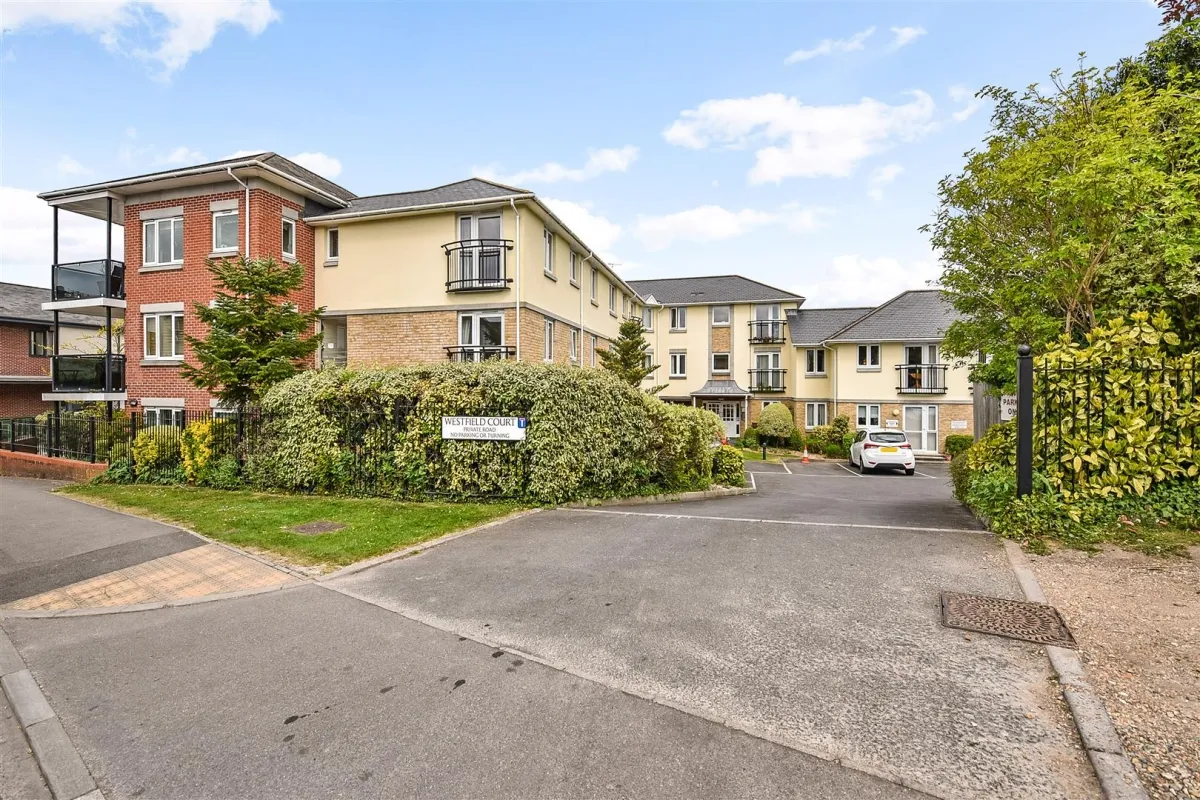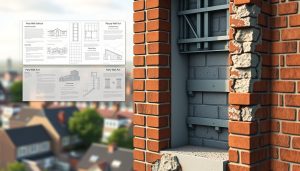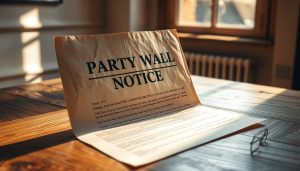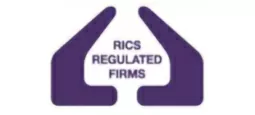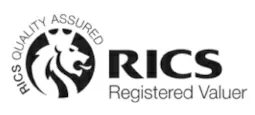Buying a home is one of the largest investments you will ever make, but when you buy a leasehold, you are only buying the building, not the land the building is built on. However, when you purchase a leasehold property, you will be buying the right to live in that property for the term of your lease, subject to any restrictions.
Leases can be full of legalese that can be hard for people to understand, but these documents essentially become the terms of your contract, once you decide to move ahead with your future purchase. So it pays for you to take them very seriously indeed. Here are important questions on leases you should be asking.
How long will my Lease last?
The first thing you need to find out is the number of years left on the lease. If the lease expires, the ownership of the property goes back to the freeholder in theory, though it rarely comes to that. However, the threat is real. So, one of the first things you will need to know is how long you have left on the lease.
If there are less than 80 years to go then it will affect your chances of securing a mortgage and you may well struggle to sell the property further down the line if you so wish. Whilst you have the statutory right to extend the lease this can turn out to be expensive for properties with less than 80 years remaining.
On the basis that you are buying the remaining years on a lease we recommend that it be for a term of more than 90 years. If it is then we would argue that it is short enough to not matter, but if it is less you may fall foul of the legal implications.
How can I Extend the Lease?
You have the right to extend your lease by 90 years with a zero ground rent. You must have owned the property for 2 years but this can be done at the same time as buying the freehold so you do not have to wait to be able to purchase the freehold.
The law is there to protect leaseholders and the lender’s interest in the property who may refuse to give you a mortgage on a shorter lease and provides a mechanism to prevent landlords and their agents from demanding exorbitant amounts for what is rightfully yours. There are certain circumstances where a property maybe exempt from statutory obligations.
However, if you seek to extend, be warned: this can be a long and potentially problematic process – which is where this professional advice can pay dividends. Delays are not uncommon, from absent freeholders to the inability to agree on the premium to be paid. It is a statutory process and ultimately, if all else fails, you have recourse to a tribunal to make a decision. However, this is a slow and costly journey.
We would strongly recommend that you seek the help of an experienced lease extension surveyor as early as possible. Our panel of surveyors would be happy to help with both initial advice and in providing expert support with a professional lease extension survey and valuation, to assist in reaching an agreement with your freeholder.
What is the cost of Annual Service Charge?
A good example of when your building can get into a lot of financial problems is if the establishment you are renting from doesn’t keep up the maintenance. So you might be thinking that’s the landlord’s problem, but it does affect you. In most cases your building is being looked after by a managing agent to take care of any common issues.
There is no cap on service charge, so it can go up far more than others and this varies from one day to the next. It would be wise to find out how much service charge you will be paying and how much similar properties pay.
Your regular charges may include an amount for a reserve or sinking fund which is there to cover unexpected capital expenditure, the most obvious of which is a new roof. This is good practice because it helps to ensure that individual leaseholders do not face sudden demands for very large payments and helps your cash flow.
How much is Ground Rent?
There is also the ground rent which is charged on a yearly basis. This can vary from a ‘peppercorn rent’ right up to a very high or punitive formula where the increase doubles every 10 or 15 years running to thousands of pounds. This scandal meant that leasehold owners unable to move out of or sell because they didn’t realise what they were signing up to when they bought the dwelling.
Your conveyancer should assess all of this, looking for dangerous provisions in the lease and supplementary documents, especially risky ground rent clauses. Such heavy clauses may need to be removed or updated before you consider buying.
Do you need Permission from the Freeholder?
If you’re considering buying a leasehold, particularly one that is dilapidated, it’s important to know in advance what you can and can’t do. The lease will tell you – but remember, for any works you plan on undertaking, you’ll likely require a Licence to Alter from the freeholder and often Planning Permission from your local planning authority.
In addition, a fee will have to be paid by you to the landlord to cover any legal and surveyors’ fees, which you need to budget for.
Our panel of surveyors have many years of experience conducting building surveys and lease extensions within Wimbledon London and the Home Counties. Please feel free to contact us to discuss.


